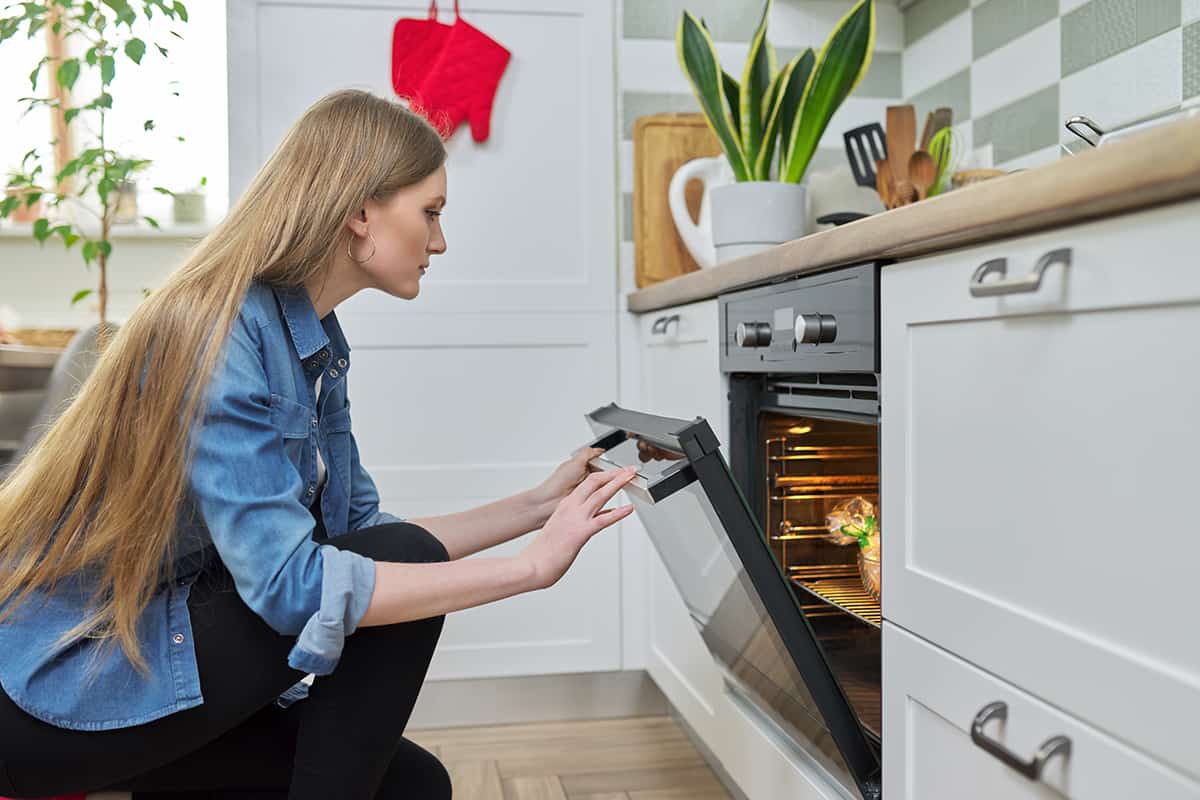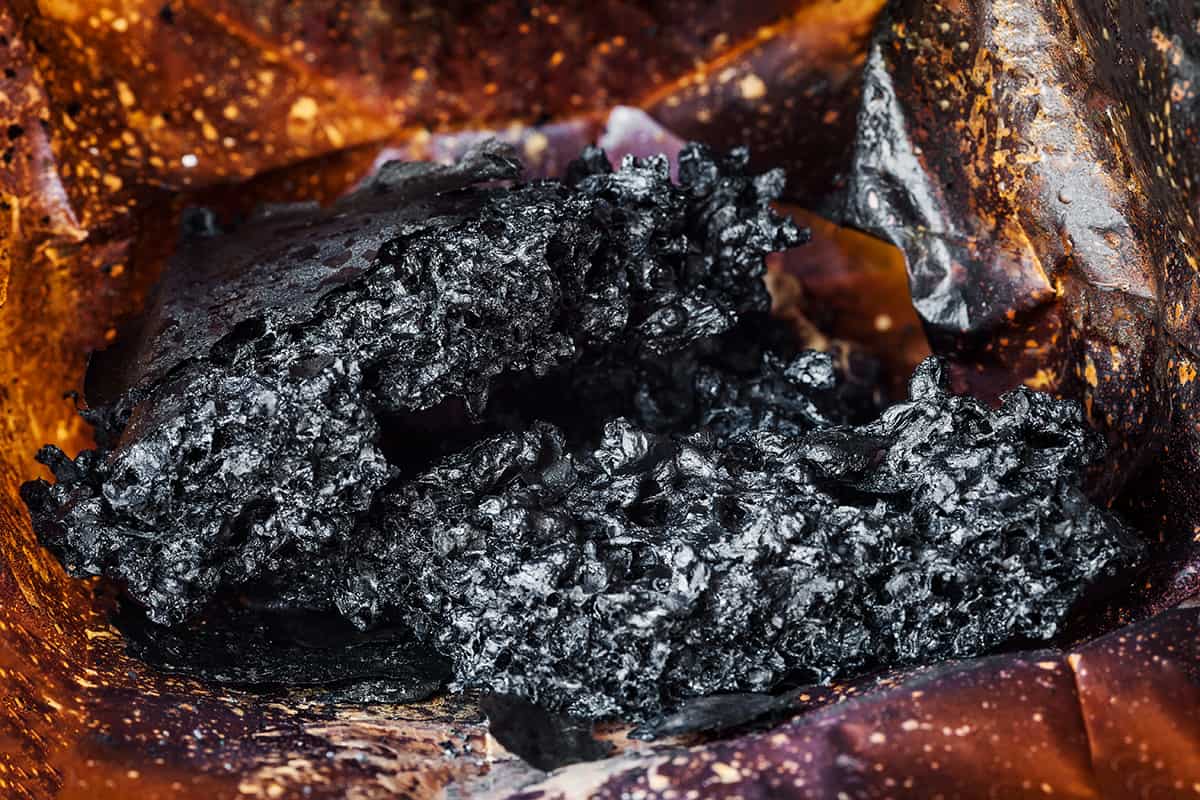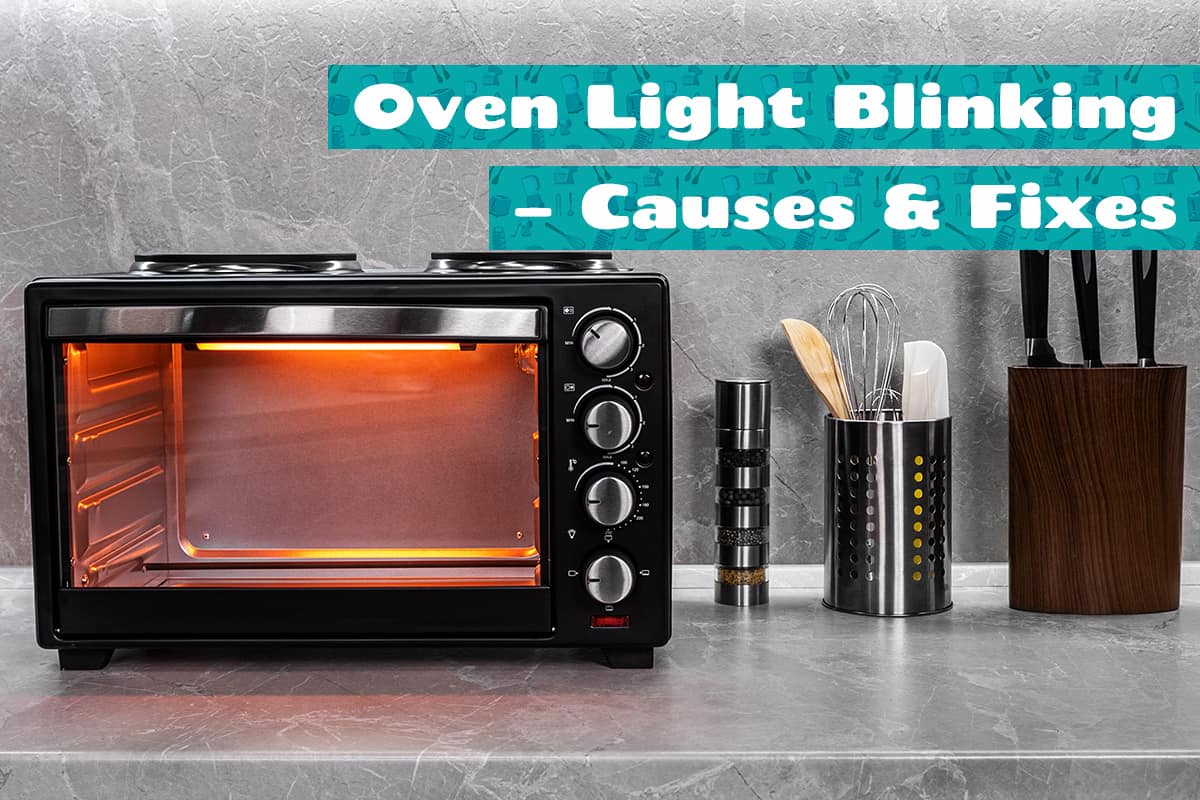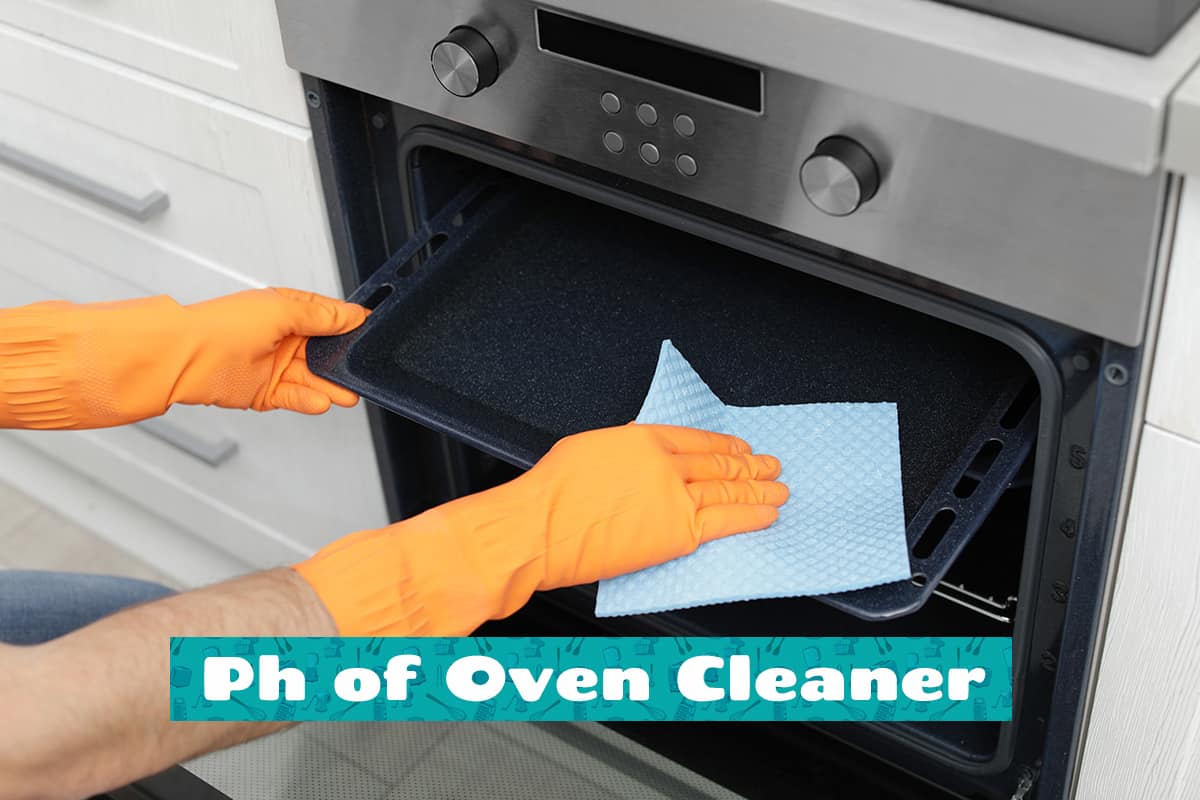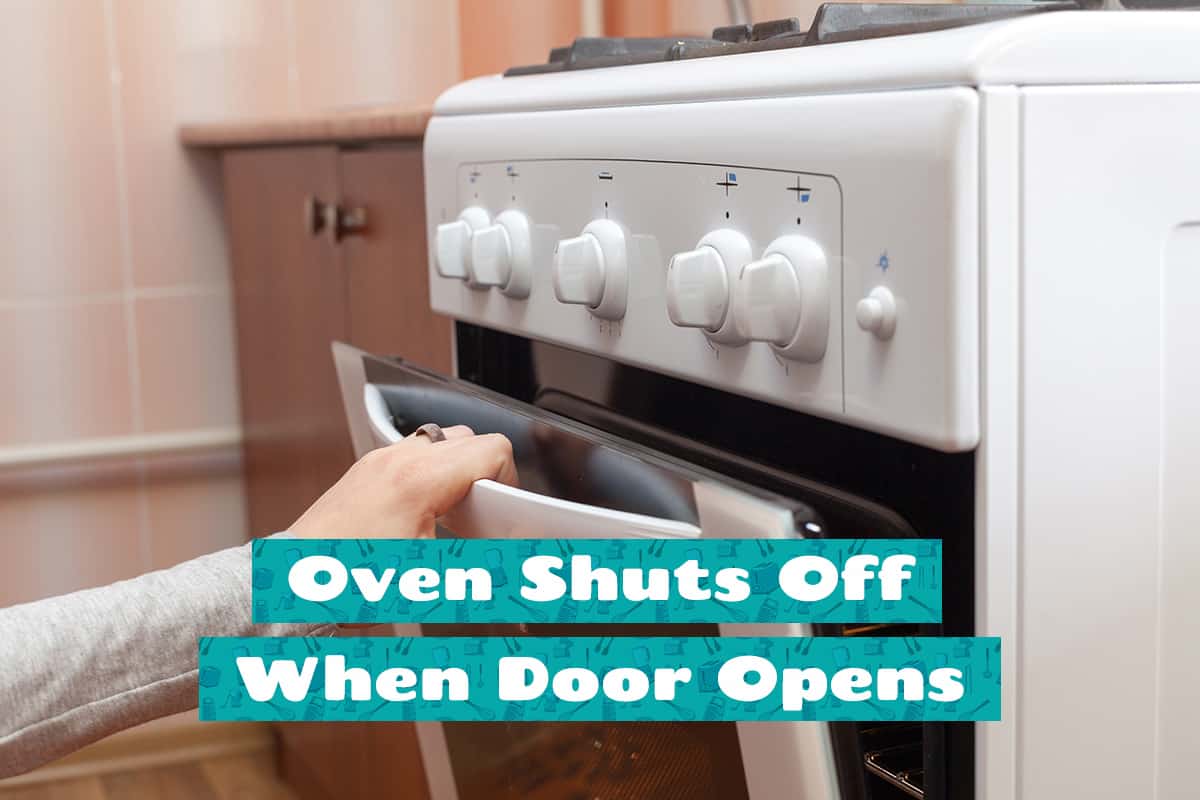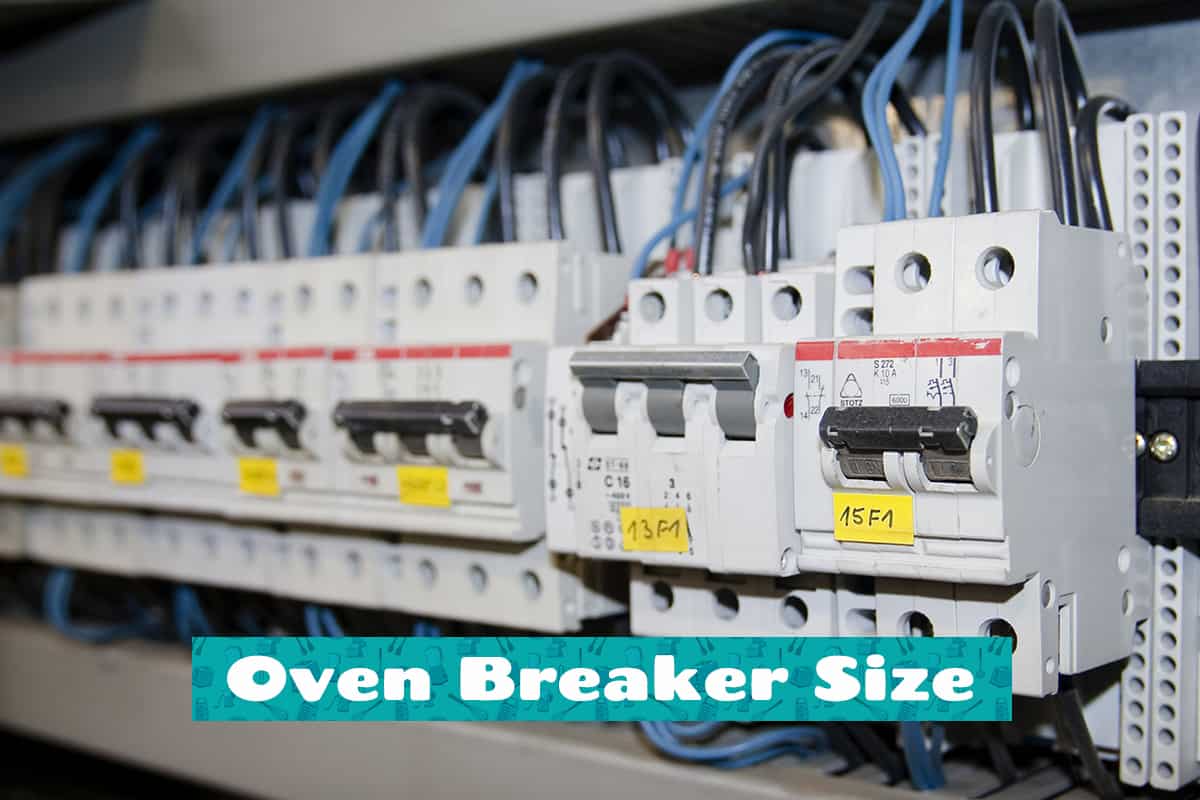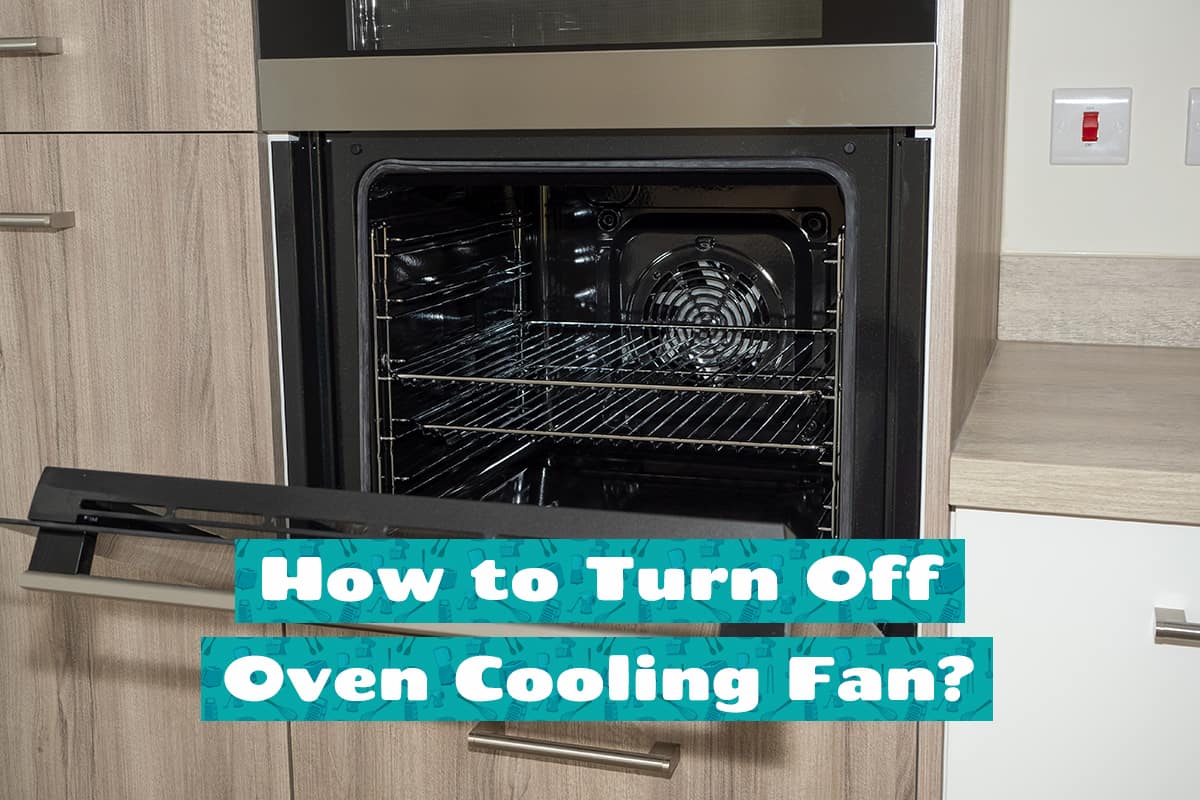The familiar hum of your oven suddenly goes silent, and you’re left with an unfinished dinner. When your oven starts shutting off without warning, it disrupts your cooking and might even point to potential safety concerns. This common issue among homeowners is not only annoying but can also be a complex problem to diagnose due to the various underlying causes.
Your oven could be shutting off due to the following:
- A malfunctioning thermostat
- A defective control board
- A damaged heating element
- Issues with the gas supply (for gas ovens)
In this short guide, we’ll explore the reasons behind the sudden shut-off and the different ways to troubleshoot these problems.
How an Oven Works
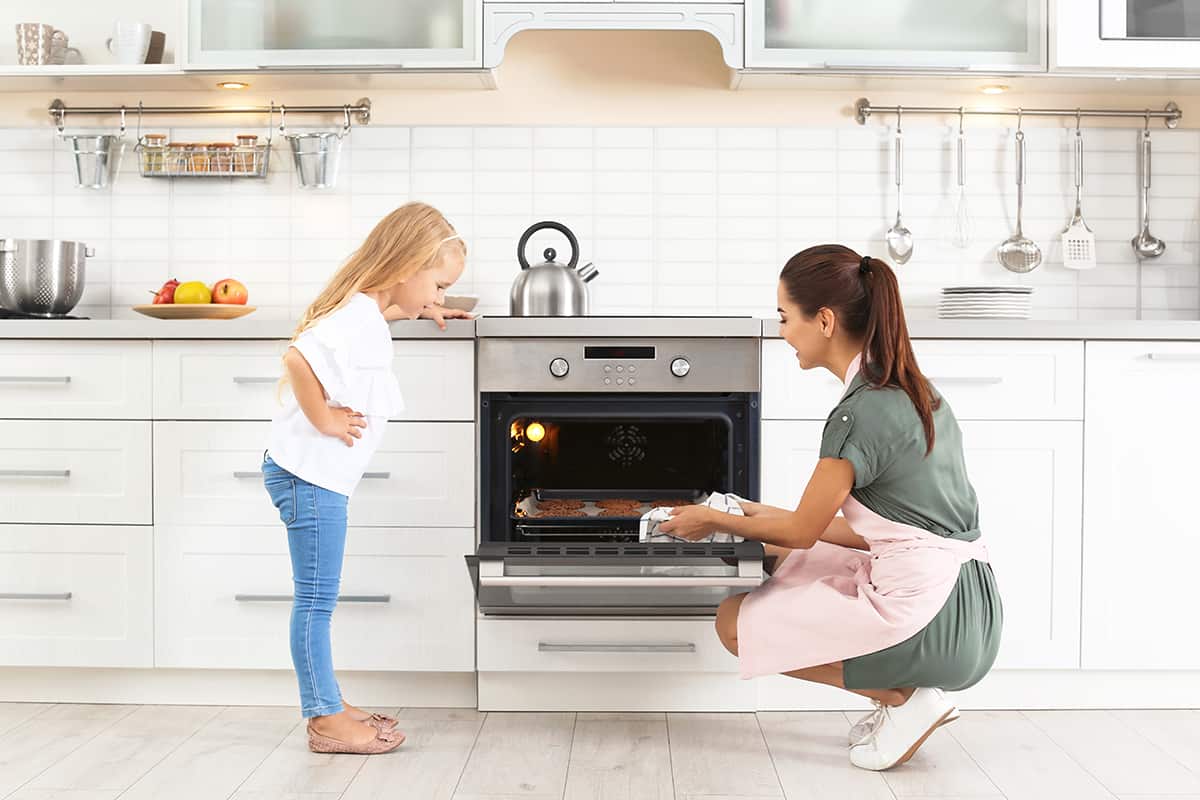
An oven is an indispensable appliance in every home, integral to preparing a multitude of dishes. But have you ever wondered how this essential kitchen tool works?
Parts of an Oven and Their Functions
- Thermostat: The thermostat is the oven’s temperature controller. It signals the oven to heat up when the interior temperature is lower than your desired setting and turns off the heat when the set temperature is reached.
- Heating Elements: In an electric oven, these are typically located at the top and bottom. The top one is used for broiling, while the bottom one is used for baking and general heating. In a gas oven, the burner serves the same purpose.
- Control Board: This is essentially the brain of your oven. It controls the various functions of the oven, like setting the temperature, turning on the timer, and more.
- Gas Regulator (for gas ovens): This component controls the gas flow to the burner.
- Fans (for convection ovens): These help circulate the hot air around the oven for more uniform and efficient cooking.
Basic Operation Cycle of an Oven
The operation cycle of an oven, regardless of whether it’s gas or electric, revolves around heating and maintaining the temperature inside the oven cavity. Here’s a simplified breakdown:
- You start by setting your desired temperature on the control panel.
- This sends a signal to the thermostat, which then activates the heating element or burner.
- The oven cavity begins to heat up. Once the temperature sensor or thermostat reads that the interior has reached the set temperature, it shuts off the heating element or burner.
- As the oven cavity loses heat over time, the temperature drops.
- When the thermostat or temperature sensor detects this drop, it reactivates the heating element or burner, thus repeating the cycle to maintain a consistent temperature.
Common Reasons Why Your Oven Keeps Shutting Off
Figuring out why your oven keeps shutting off can be as perplexing as solving a mystery. Each piece of evidence might lead you closer to the culprit. Let’s explore some of the most common reasons your oven could be switching off unexpectedly.
1. Faulty Oven Thermostat
As the temperature regulator, the thermostat is vital to your oven’s operation. If it’s faulty, the oven might overheat and shut off as a safety precaution. On the flip side, if the thermostat reads the temperature as too high when it’s not, it might shut off prematurely. A common sign of a faulty thermostat is inconsistent temperatures. If your food is undercooked or burnt despite setting the right temperature, the thermostat could be to blame.
2. Malfunctioning Oven Control Board
The control board is the brain of your oven. A malfunctioning control board can send incorrect signals, causing the oven to shut off. The control board might be the issue if the display is erratic or non-responsive or if the oven shuts off during a cooking cycle without any clear reason.
3. Damaged Heating Element
In electric ovens, the heating elements turn electricity into heat. If the elements are damaged, they might not be able to maintain the set temperature, causing the oven to shut off.
4. Problems with the Gas Supply (for Gas Ovens)
If you’re using a gas oven, the issue could lie in the gas supply. A gas leak or blockage can interfere with the gas flow, leading to an inadequate heat supply and causing the oven to shut off.
Fixes for an Oven that Keeps Shutting Off
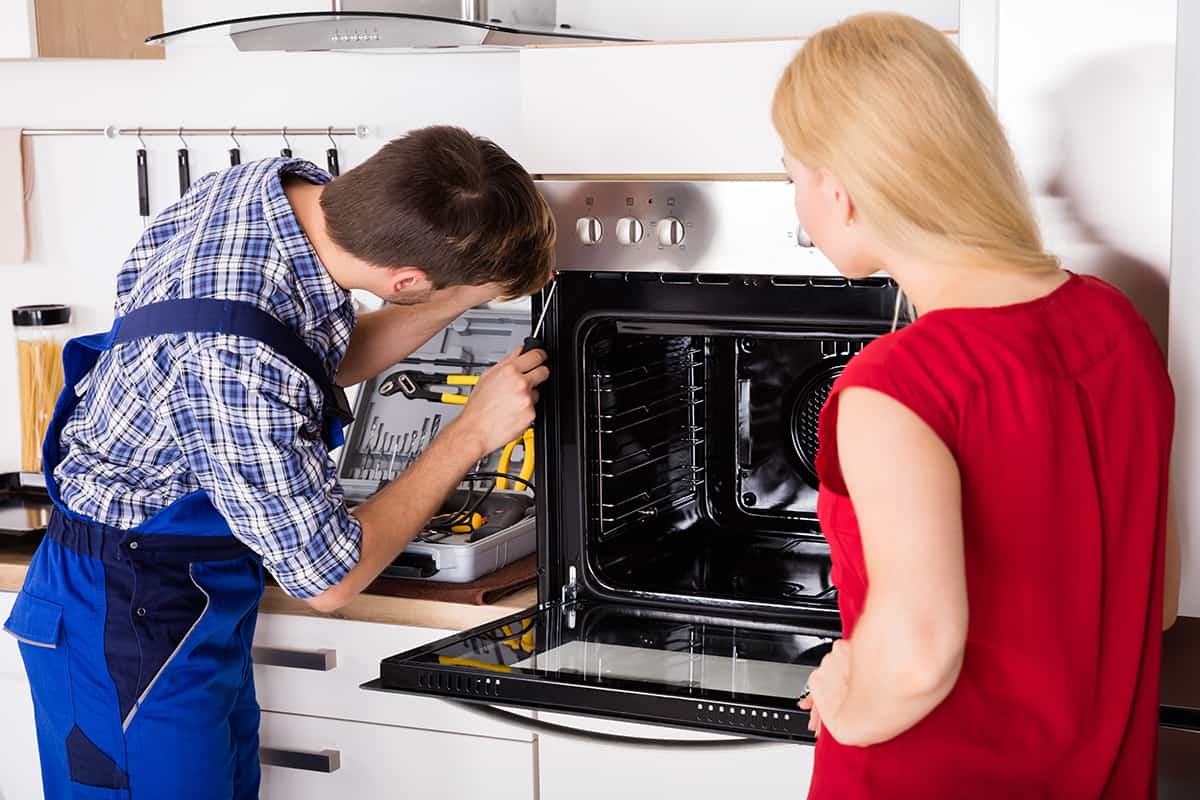
Once you’ve identified potential reasons behind your oven shutting off, it’s time to start troubleshooting. Here, we’ll guide you through the steps to diagnose and fix issues related to the oven’s thermostat, control board, heating element, and gas supply.
Troubleshooting a Faulty Oven Thermostat
If your oven isn’t reaching or maintaining the right temperature, the thermostat might be faulty. Here’s how to troubleshoot:
- Testing the Thermostat: Use an oven thermometer to measure the oven’s internal temperature. If it’s consistently different from the set temperature, the thermostat is likely malfunctioning.
- Replacing the Thermostat: Replacing the thermostat isn’t overly complicated but requires caution due to the electrical components involved. If you’re confident, you can purchase a replacement part and follow the manufacturer’s instructions. Otherwise, it’s best to hire a professional.
Malfunctions in the Oven Control Board
A malfunctioning control board can be difficult to diagnose and fix due to its complexity. However, here are some general steps:
- Identifying a Faulty Control Board: If the oven shuts off unexpectedly, the display is erratic, or the buttons are unresponsive, the control board might be the issue.
- Replacing the Control Board: Replacing the control board involves dealing with intricate electrical circuits and should be left to professionals. You risk causing more harm than good by attempting to do it yourself.
Dealing with a Damaged Heating Element
A damaged heating element can prevent the oven from maintaining the right temperature. Here’s how to inspect and potentially replace the heating element:
- Identifying a Damaged Element: After ensuring the oven is off and cool, inspect the heating elements for any discoloration or areas that don’t glow red when the oven is turned on.
- Replacing the Heating Element: If the element is damaged, it should be replaced. While you can do this yourself by carefully following the manufacturer’s instructions, don’t hesitate to hire a professional if you’re unsure.
Problems with the Gas Supply
Issues with the gas supply can be risky and are best left to professionals. However, here’s what to look out for:
- Identifying Gas Supply Issues: A strong gas smell, a hissing sound near the gas line, or a orange-yellow (instead of blue) flame are signs of gas supply issues.
- Fixing Gas Supply Issues: If you suspect a gas supply issue, shut off the gas immediately and call a professional. Gas leaks pose a severe safety risk and should always be handled by a qualified technician.
FAQs
1. Is it dangerous if my oven keeps shutting off?
The potential danger of an oven that keeps shutting off can depend on the underlying cause. In most cases, it’s more of an inconvenience that might leave you with undercooked food. However, if the problem is a result of a gas leak in a gas oven, it could be hazardous.
Gas leaks increase the risk of fire and carbon monoxide poisoning. If you smell gas, hear a hissing sound near the gas line, or see a yellow flame instead of blue, turn off the gas supply, leave the house immediately, and contact a professional.
2. How often should I service my oven?
It’s recommended to service your oven once every 12 to 18 months. Regular servicing can keep your oven running efficiently and can identify potential issues before they become significant problems.
However, if you notice signs of malfunction, such as uneven cooking, strange noises, or the oven shutting off unexpectedly, it’s wise to get it serviced sooner. Regular cleaning, particularly after messy cooking sessions, can also prolong the life of your oven and keep it performing well.
